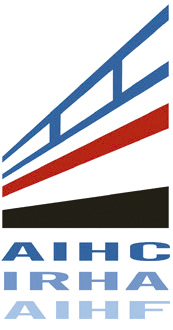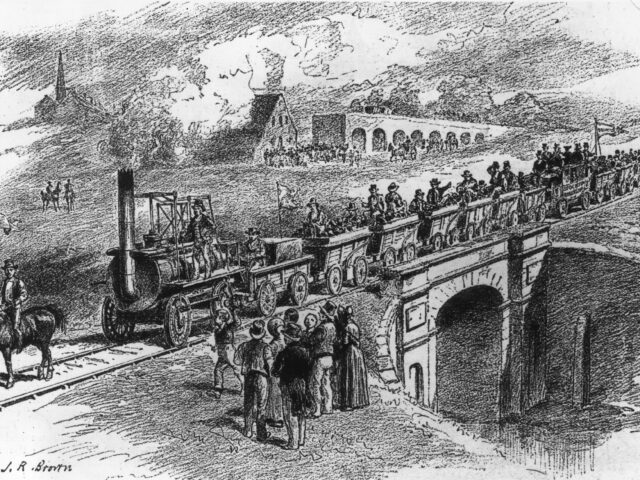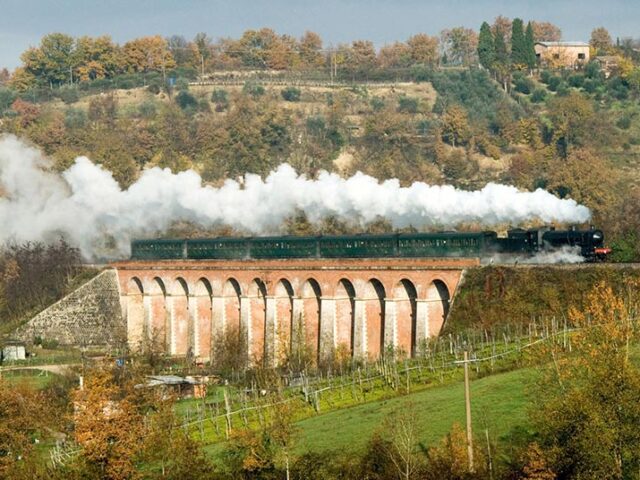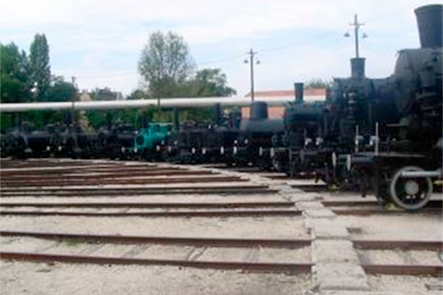SESSION 1 – MODERNIZATION AS A PROCESS
Railway Modernization after the First World War in the Netherlands. Augustus J. Veenendaal, Jr.
- Modernizing the Austrian Railways after the fall of the Habsburg Empire: reorganization, electrification and coping with new competitors. Bernd Kreuzer.
- Chromium Dreams: the political obstacles to reilway modernization in Britain. Charles Loft.
- Railway development: the history of a reform à la Portugaise. Vasco Guimaräes da Silva.
- Technological mutations of railways’ fastening systems for the rails: a required modernization for an adjustment to the evolution of the market. Ludovic Laloux.
- The failure of private enterprise and the role of the state in railway modernization: the implications of the Pennsylvania Railroad for modern European railway practice. Albert J. Churella.
SESSION 2 – MODERNIZATION AS A RESULT OF TECHNOLOGICAL TRANSFERS, FAILURES AND HESITATIONS
Technological modernization in networks with weak traffic flows. Safety in Iberian Peninsula railways during the XIX century. Tomás Martínez Vara / Francisco de los Cobos Arteaga.
- From the École de Ponts et Chaussées to Portuguese railways: the transfer of technological knowledge and practices. Ana Cardoso de Matos / Maria Paula Diogo.
- From the Steam “Dragon” to the high-speed-ICE, 1848-1998. Boris Böttcher.
- The steam turbine locomotives of the Deutsche Reichsbahn. A failed innovation project of the interwar era. Reinhold Bauer.
- Delayed modernization – The electrification of the German railways. Ralph Roth.
- The introduction of diesel traction, as modernization element of Portuguese railways. Luis Lopes dos Santos.
SESSION 3 – RAILWAYS AND THE MODERNIZATION OF CITIES, WORKSHOPS AND VOYAGERS
The modern passenger: constructing the passenger as consumer on Britain’s railways, 1919-1939. Colin Dival.
Address
Centro de Estudos de História Contemporânea Portuguesa Avenida das Forças Armadas Edifício ISCTE 1649-026 Lisboa Portugal
GPS
38.7475886317, -9.1535724412601



